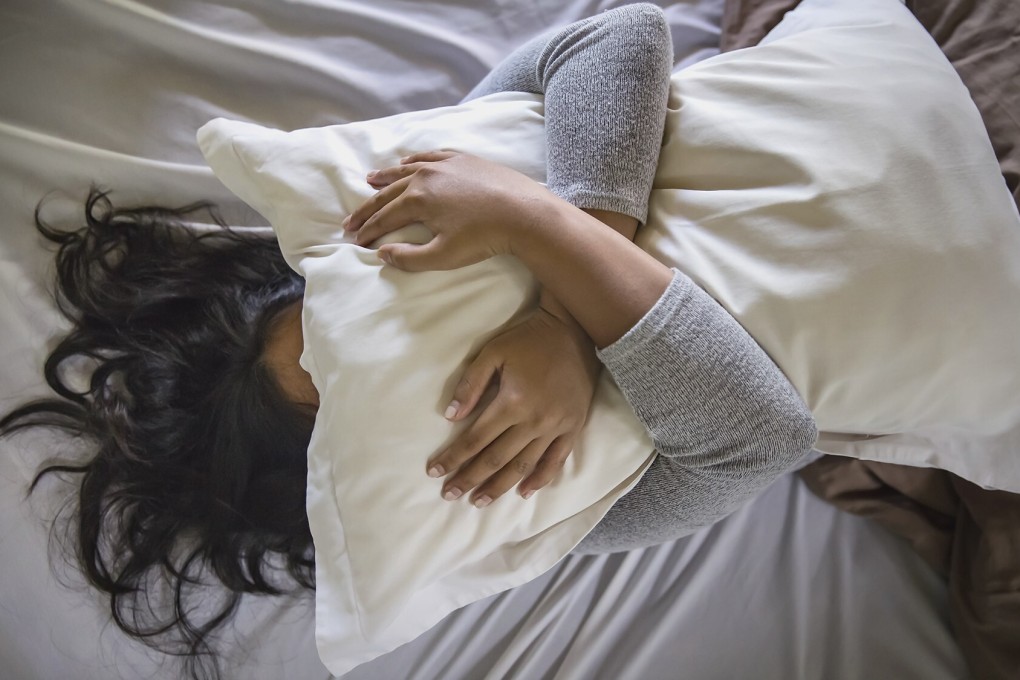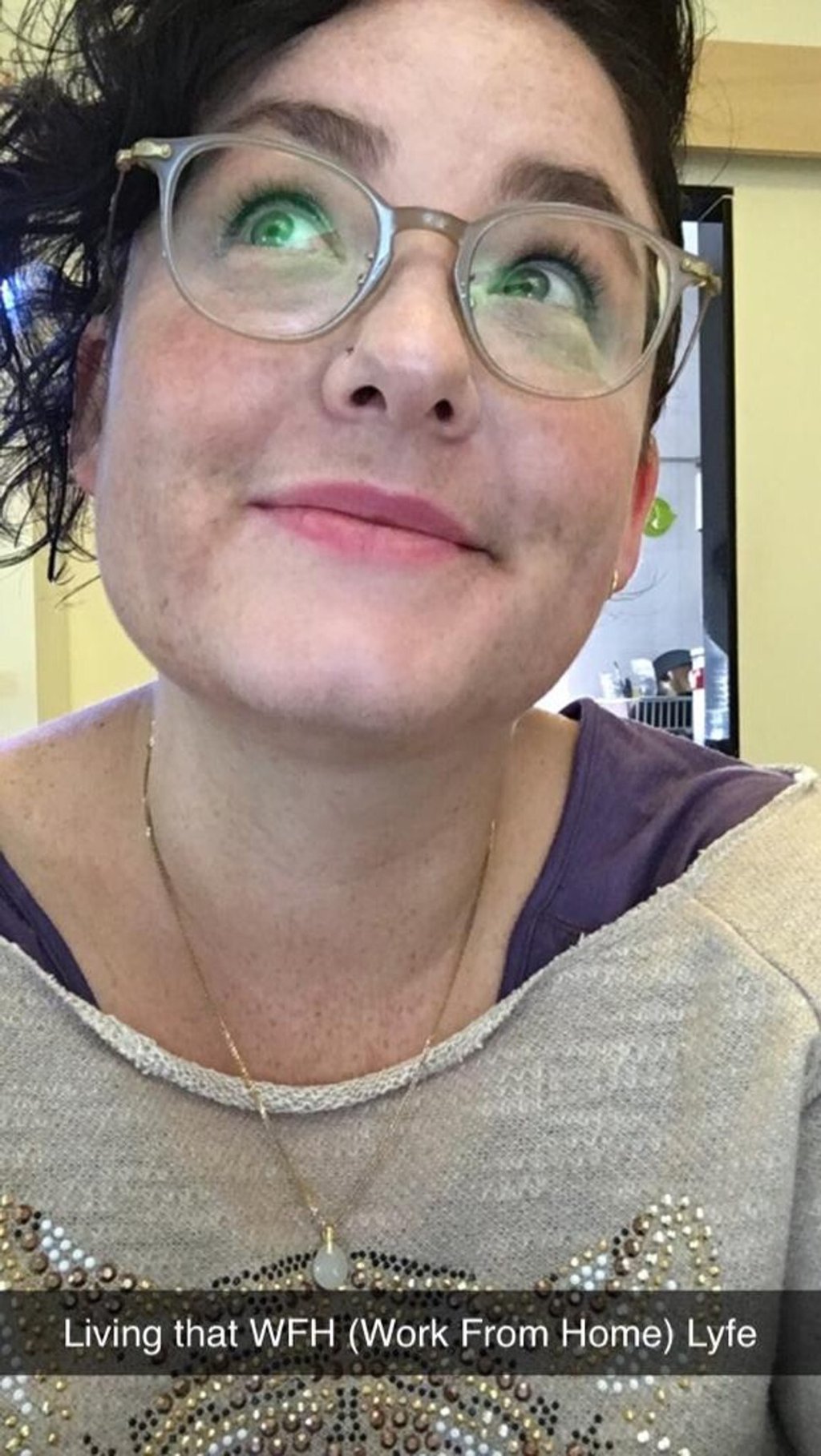With Covid-19 insomnia now a thing, as a teacher attests, is a melatonin pill the answer to getting a good night’s sleep?
- Since remote learning began in February, teacher Miranda Wong has suffered from severe sleep loss that has heightened her stress and anxiety levels
- If your workday has been stretched, have a regular wake-up time and keep your workspace out of your bed space for better sleep, and consider using melatonin

As our routines are upended during the pandemic, and stress and worrying thoughts keep us awake at night, getting enough rest is a challenge for many during Covid-19.
Miranda Wong, a teacher based in Hong Kong, has experienced this more acutely than most. Pre-coronavirus, the American was usually in bed by 11pm, getting from six to eight hours of shut-eye nightly. The 37-year-old rarely felt sleep deprived.
As a weightlifter, she was a regular gym goer, which contributed to a good night’s sleep. “I had a rhythm. [Strength training] also helped rid me of my frustrations and anxieties,” Wong says. Since exercise lowered her stress, it helped hasten sleep.

Wong had to juggle many new roles – the teacher was forced to become a videographer and information technology expert after her classroom shifted online. This was a steep learning curve for Wong, who had to quickly get to grips with everything from shooting and editing videos, to converting lesson plans into digital equivalents, and managing technical issues during online classes.
Sometimes her workday stretched to 12 hours. From February to May, for example, she generated 81 video lessons. “I was despondent last month, asking myself: ‘Why am I alive and working?’” she remarks.